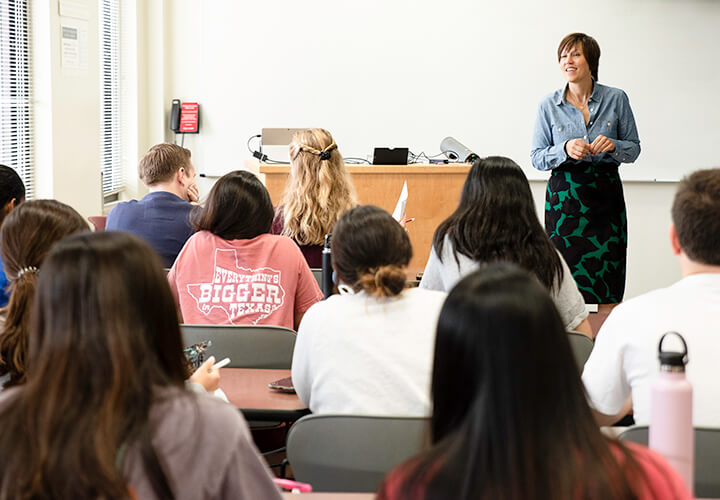
THE NATION’S TOP ACCOUNTING PROGRAM
Texas McCombs boasts the most prestigious accounting doctoral program in the country and has graduated more than 300 PhD students since its inception in 1934. Are you ready for the best?
Your Future In Accounting
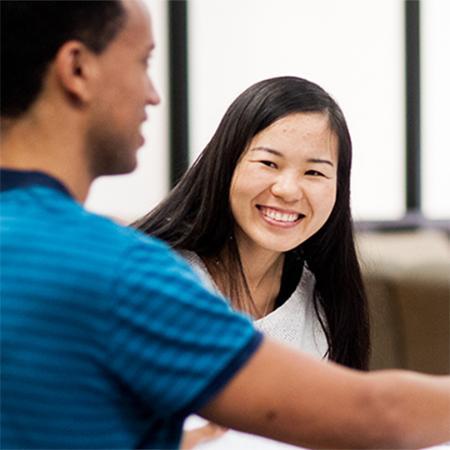
ACADEMIC LIFE AT McCOMBS
-
MENTORSHIP AND PRACTICE
The PhD curriculum prepares you for academic life by developing research and writing skills. Doctoral students also secure one term of teaching experience. As a graduate of the program, you will be well-equipped to make contributions to accounting knowledge, assemble evidential bases for policies and practices of the accounting profession, and open significant new sources of curriculum content.
APPLICATION DEADLINE
The application deadline for the Accounting Doctoral Program is December 15.
AREAS OF SPECIALIZATION
If you are a practicing accountant, these topical areas will be familiar to you. However, we welcome students with backgrounds in Mathematics, Economics, Engineering, Finance, Psychology, or other disciplines to apply. We can remedy any lack of accounting knowledge through additional coursework. Most students enter our accounting doctoral program with some knowledge in these areas:
Financial Accounting
Financial accounting researchers are interested in the use of accounting information by investors, creditors, analysts, and other decision-makers. We are also interested in the preparation of accounting information by managers who may respond to economic incentives and use discretion to manage earnings. Finally, we are also interested in the regulation of accounting information by standard setters and other regulators who are evaluating the relevance and reliability of current and potential accounting information.
Auditing
Auditing researchers are interested in questions of independence, governance, compliance, auditing processes, and biases. This research helps global standard-setters and regulators adopt standards and policies that protect the integrity of our accounting information.
Managerial
Managerial accounting research topics include optimal employee compensation and governance, using information for efficiency management, motivating creativity, etc.
Taxation
Taxation research covers economic incentives, transfer pricing, compliance with tax enforcement, multistate taxation, and numerous topics about accounting for income taxation, where tax rules overlap with financial reporting standards.
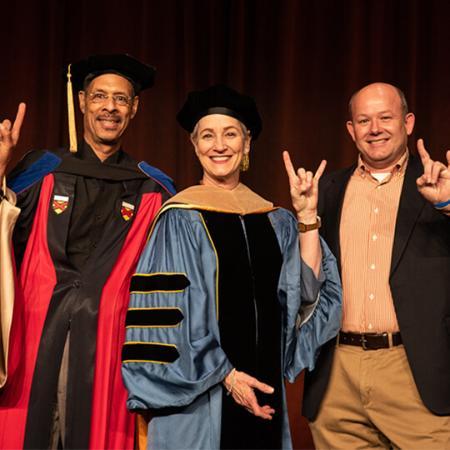
RANKINGS & RESEARCH
-
ACADEMIC LEADERSHIP
Both U.S. News & World Report and Public Accounting Report rank the Texas McCombs Accounting PhD program number one in the nation, reflecting the program’s diversity and excellence across education and scholarship. Our distinguished faculty members research various specializations, including financial reporting, management accounting, auditing, and taxation.
RESEARCH METHODOLOGIES
When you earn a doctorate, most of your time is spent developing deep expertise in research methods. Accounting researchers use three main approaches. In all cases, your doctoral studies will involve a firm grounding in statistics and typically a choice of either economics or psychology as an additional foundation.
Archival
Archival research involves the statistical analysis of historical data to examine relevant research questions based on economic theory for its predictions. Thus, archival research requires a strong background in statistics and economics, which we provide through rigorous coursework in the business school and the economics department.
Experimental
Experimental or survey methods are commonly used to obtain data to conduct what is broadly known as behavioral research. Behavioral research relies on psychology for its theories. Because this research is interested in what people do and why they do it, it is often necessary to conduct controlled experiments or survey participants. Using experiment or survey methods, researchers in accounting and finance have provided compelling alternative explanations where economic theories fall short.
Analytical
Analytical research uses quantitative mathematical models to explain and predict behavior. This research is grounded in game theory from economics. Students wanting to conduct analytical research should have even stronger mathematical backgrounds than other applicants. We will design a program of study that builds on those initial strengths with additional coursework in mathematics and economics.
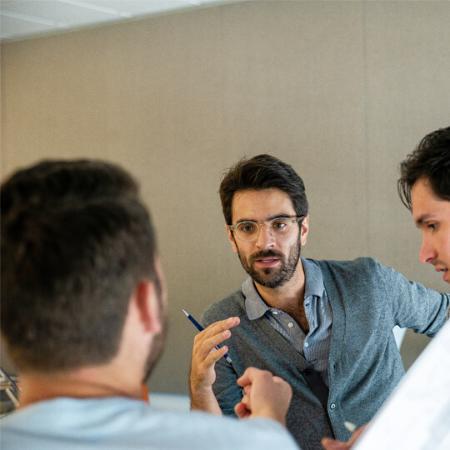
GET READY TO APPLY
-
PREPARATION AND QUALIFICATIONS
Students should have a solid understanding of applied microeconomic theory, econometrics, and mathematics (linear algebra, calculus) before starting the program. Adequate computer programming skills are necessary for coursework. You can take needed accounting courses in the coursework phase of the program or the summer before entering (CPA certification is not required).

CAREER PLACEMENT
-
THE WORLD NEEDS YOU
The demand for skilled educators is strong, and doctoral graduates in accounting from the University of Texas at Austin have enjoyed considerable placement success over the years. If you aspire to a career as an accounting educator and researcher, a doctoral degree from Texas McCombs will give you a strong foundation for success.
Career Destinations
The primary goal of the Texas McCombs PhD program is to prepare students for exceptional academic careers. Over the last five years, McCombs Accounting PhD alumni have excelled at top institutions globally.
Recent Graduate Placements
Rui Silva | 2024 | University of Washington
Mandy Ellison | 2024 | Texas State University
Minjae Kim | 2024 | Analysis Group (Industry)
Laura Kettell | 2023 | University of Colorado at Boulder
Abhi Ramchandni | 2023 | University of Hawaii
Anthony Welsch | 2023 | University of Chicago
Jesse Chan | 2022 | Boston University
Cassie Mongold | 2022 | University of Illinois Urbana-Champaign
Ryan Hess | 2021 | Stanford University (postdoc); Oklahoma State University
Ryan Ballestero | 2021 | Kent State University
Dan Rimkus | 2021 | University of Florida (October 2021 graduation)
Shannon Garavaglia | 2020 | University of Pittsburgh
Jakob Infuehr | 2019 | University of Southern Denmark
Antonis Kartapanis | 2019 | Texas A&M University
Kristen Valentine | 2019 | University of Georgia
Colin Koutney | 2018 | George Mason University
Zheng Leitter | 2018 | Nanyang Technological University
Brian Monsen | 2018 | The Ohio State University
Xinyu Zhang | 2018 | Cornell University
Current Students and *Job Market Candidates
-
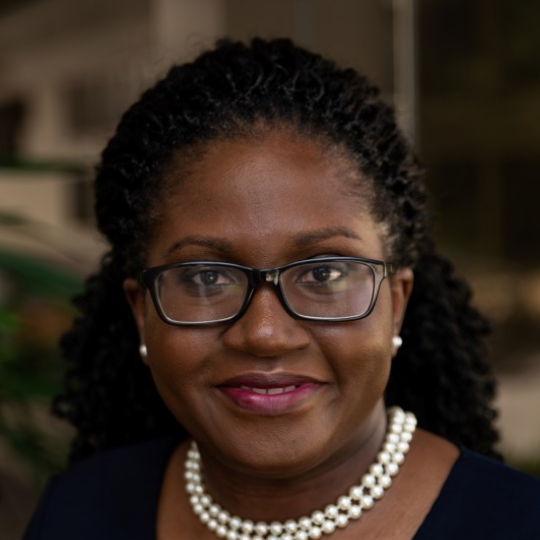
-
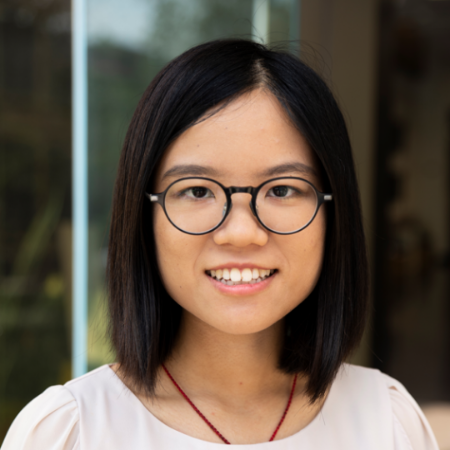
-
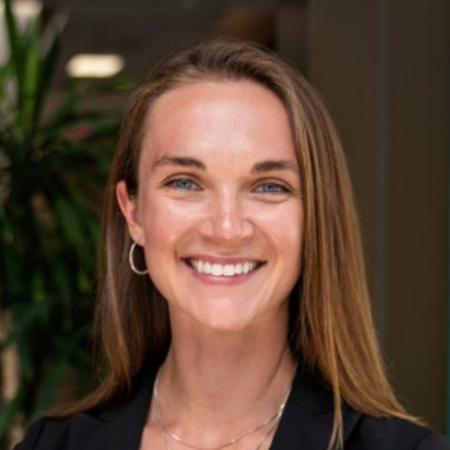
-

-

Michael Gonari
michael.gonari@utexas.edu -

Read Hadfield
read.hadfield@mccombs.utexas.edu -
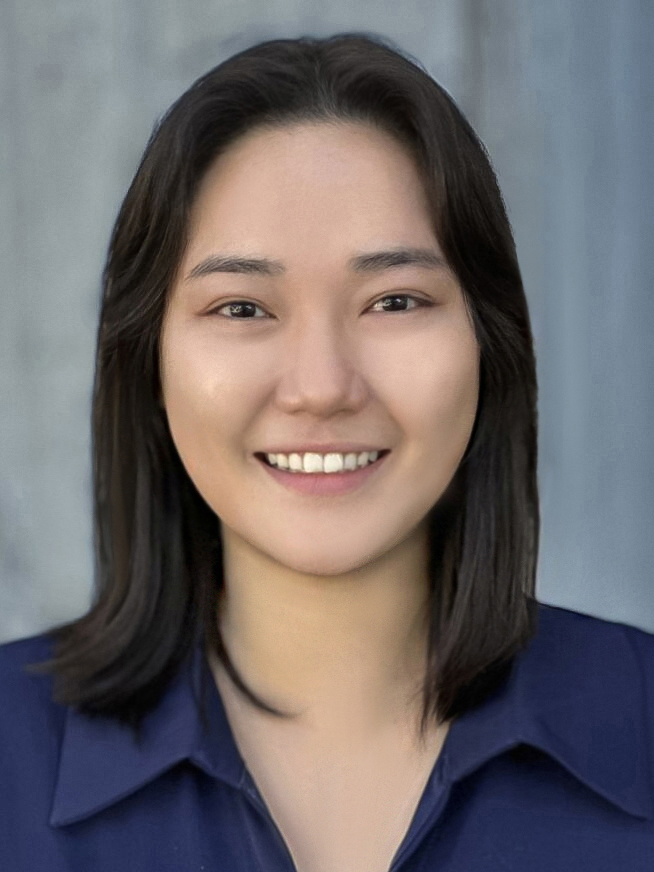
-
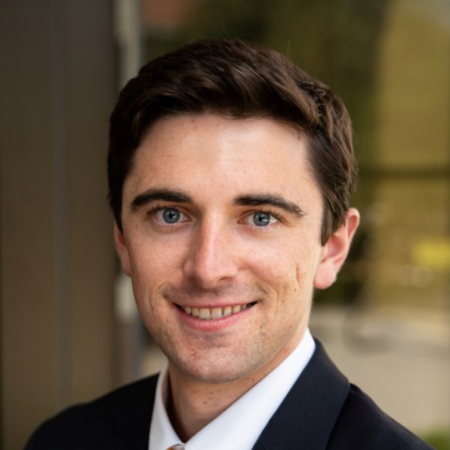
-
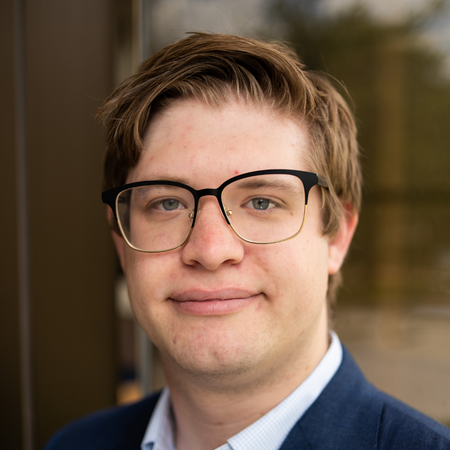
Sean Kemsley
sean.kemsley@mccombs.utexas.edu -
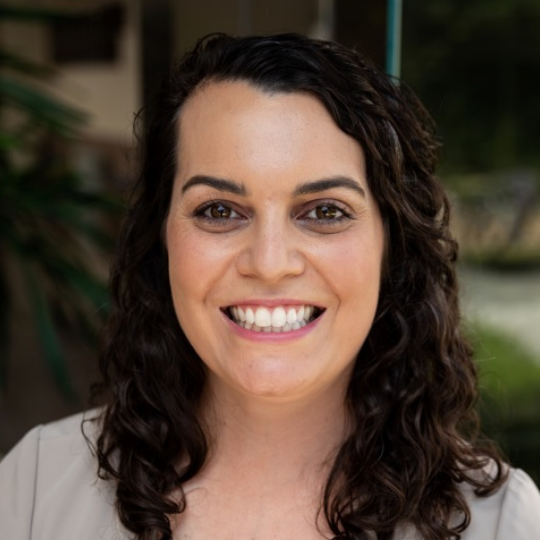
-

-

Cindi Teasley
cindi.teasley@mccombs.utexas.edu -

-
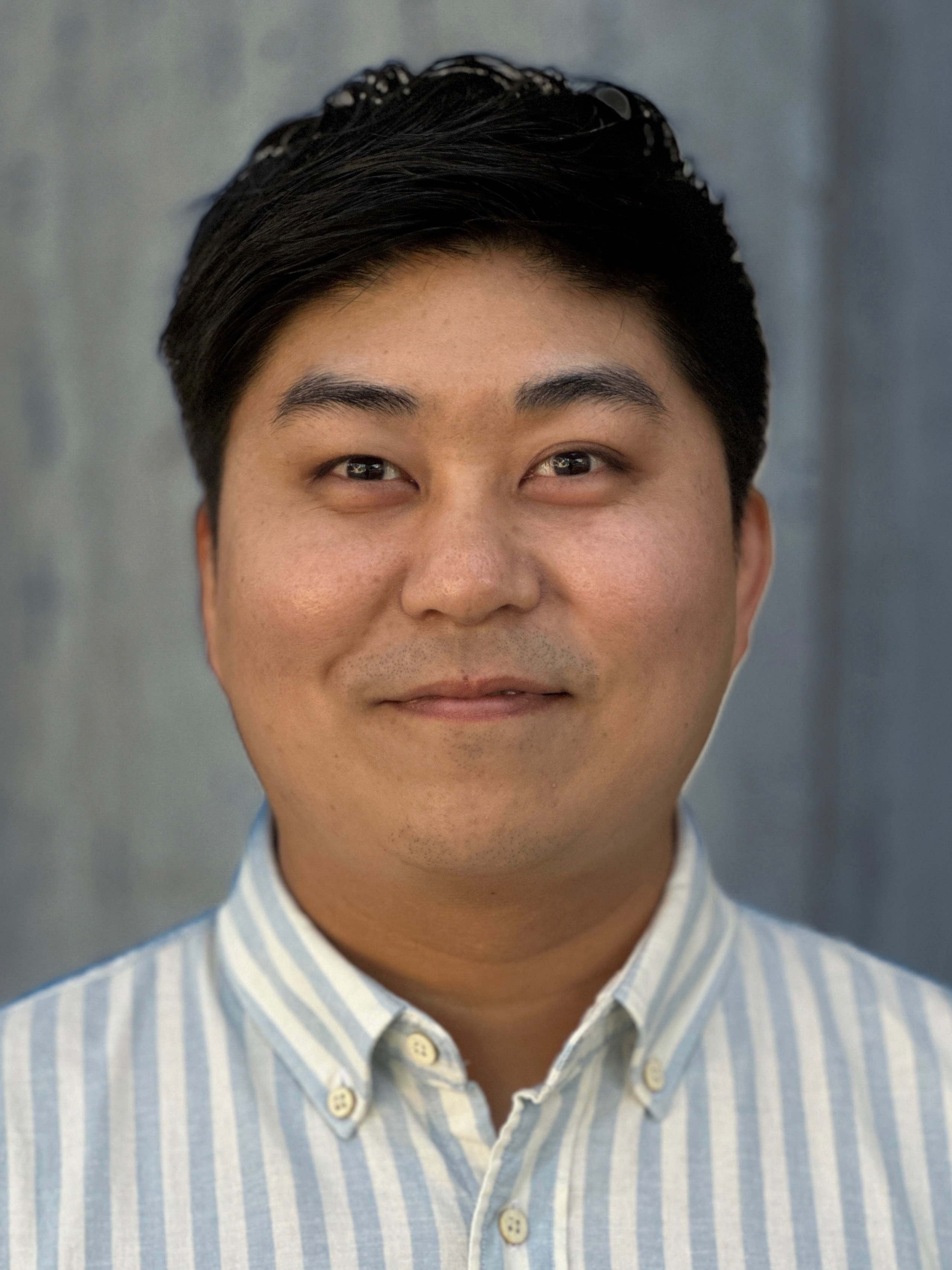
-

Lu Zhao
lu.zhao@mccombs.utexas.edu

Frequently Asked Questions
How long does the program take?
This is a full-time, in-residence (i.e., in-person) program of coursework and research which usually takes four to five years to complete.
When is the application deadline? What is the timeline for reviewing applications?
Our deadline is December 15th for admission starting the following fall. The admissions committee will begin reviewing applications shortly after this deadline, so it is in your best interest to make sure all required materials have been submitted by that date. We typically start virtual interviews in January, with campus flyouts for a small group of applicants starting in late January or February.
How many students do you admit per year?
We usually receive about 80 applications each year and are likely to admit two or three students to begin in the following fall term.
What kind of background do I need to be admitted to the program?
Students come from a variety of backgrounds, with some entering the program immediately after their undergraduate degree, others with their degree and work/research experience, and some with work/research experience and a master’s degree. Because our students come from various backgrounds and the competition in the applicant pool changes from year to year, it is difficult to determine the likelihood of acceptance without viewing the strength of your application as a whole compared to the pool of fellow applicants.
How do you evaluate applicants?
The admissions committee takes a holistic approach to admissions. We consider factors such as: intellectual curiosity, reasoning ability, writing ability, quantitative skills, institutional knowledge, work experience, research experience, familiarity with the academic accounting literature, knowledge of what a PhD entails, and insights from recommendation letters.
What kind of math background do I need for an accounting Ph.D.?
Many successful applicants will have already begun taking some math refresher courses, such as engineering calculus I and II and linear/matrix algebra. The longer it has been since these quantitative tools have been used, the harder the doctoral coursework will be. The initial doctoral classes typically also include students in finance and economics, and they typically enter their doctoral programs straight from rigorous quantitative master's degrees.
Will I need a TOEFL score?
For applicants who have completed their undergraduate degree in a country where English is not the primary language, a TOEFL score will be a necessary part of the application. This is a university-wide requirement and is necessary even if a graduate degree has been completed from an accredited university in the United States. TOEFL scores over two years old will not be accepted. A list of TOEFL-exempt countries can be found on the UT Austin Graduate School website.
Do I need to take the GMAT or GRE? Can this requirement be waived?
For all applicants, the Department requires a GMAT or GRE test score. This requirement cannot be waived. Scores over five years old will not be accepted.
Can the application fee be waived?
The application fee is charged by the Graduate School, which does offer fee waivers for financial hardships for domestic applicants. There are no waivers for international students. Please see the Graduate School website for more details.
Do you offer financial support to Ph.D. students? Do I have to pay tuition?
Financial assistance is offered to all students admitted to the doctoral program and includes fellowship payments as well as a 20-hour teaching assistant/research assistant appointment. This appointment covers the cost of tuition and also provides health insurance coverage.
The financial support we provide is competitive with other top PhD programs in the U.S.
ARE YOU READY TO CHANGE THE WORLD?
The Texas McCombs Doctoral Program is seeking individuals who are interested in transforming the global marketplace. Are you one of these future thought leaders?